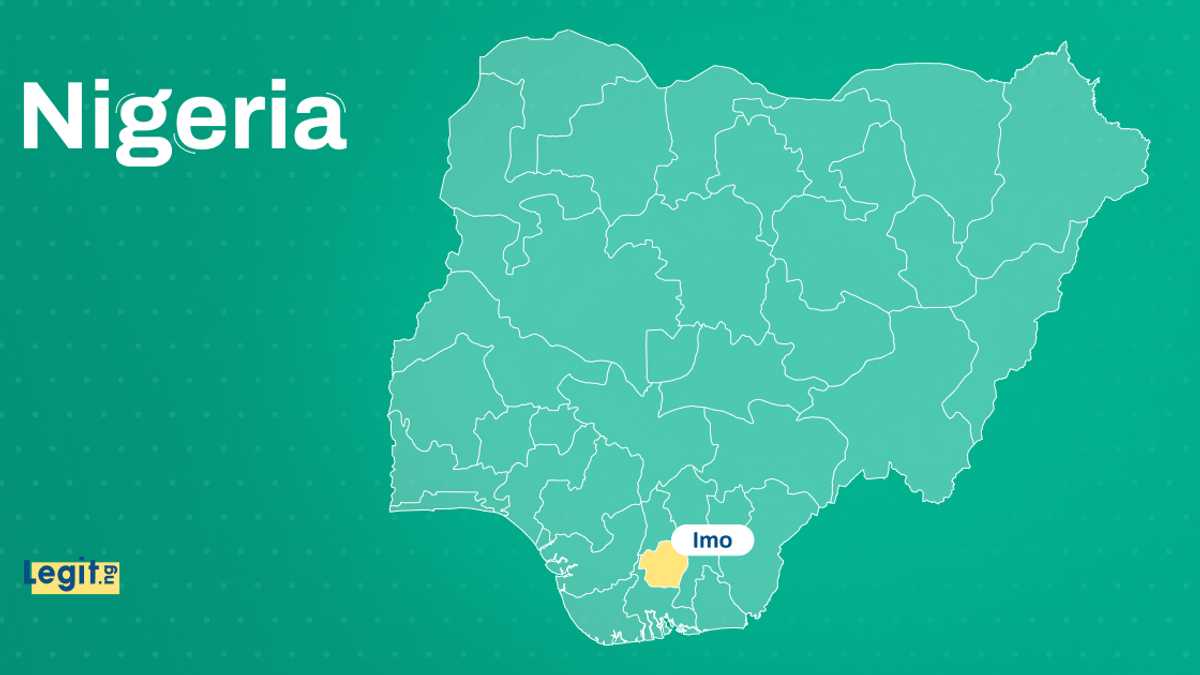How Student Entrepreneurs Are Using AI to Drive Purpose-First Innovation in Growth Markets | MIT Sloan
Co-Authored by
Haitham Khoury, Ph.D, Director, Fellowships and Global Initiatives, MIT Kuo Sharper Center for Prosperity and Entrepreneurship
Nadia Shalaby, Ph.D, Founder and CEO of Pakira Inc., and 2011 Student Fellow
Across 11 countries and 3 continents, the 2024-2025 cohort of Student Fellows at the MIT Kuo Sharper Center for Prosperity and Entrepreneurship are building ventures rooted in the realities of their communities and countries. These 12 entrepreneurs are using artificial intelligence (AI) not only to disrupt, but to unlock opportunity and create prosperity in growth markets, tackling critical challenges in a variety of industries from finance to education to environmental sustainability. This blog offers a strategic view of how these entrepreneurs incorporate AI to solve, scale, and drive impact in their growth markets.
Countries of Operation by Our 2025 Student Fellows
AI is a rapidly evolving tool in an entrepreneur’s belt – but it’s not the starting point. Every fellow began their journey with a pressing local need and pain point, and crafted an innovative, human-first solution. AI enters where it adds value: cutting costs, scaling smarter, and building trust where other systems have failed.
In high-income economies, AI often means automation and efficiency. In growth markets, it means resilience. Our fellows aren’t founders pursuing AI for the hype – they’re solving concrete, critical, and often ignored problems: Their solutions are giving credit to women-led collectives in Zimbabwe, stabilizing broadband in Latin America, or bringing transparency to food distribution in Mexico.
The problems and stakes in growth markets are different - the regulatory environment is not supportive, and infrastructure is typically unreliable and not in favor of start-ups. By leveraging AI, these ventures are:
While many companies have an "AI-first" mantra, many of our founders expressed that they are impact-first. They incorporate AI in service to the problem and where it is most needed, and not as a shiny object to attract investors. It is a tool to make operations more efficient and unlock systems-level change. But most importantly, as is the case with our fellows, AI is being used to include people who have historically been excluded from the formal economy – women, rural farmers, low-income renters, etc, and to push for a system that serves them better.
The fellows make intentional, context-driven decisions about how they use AI, selecting tools based on data sensitivity, infrastructure limits, and regulation. Their ventures are deeply rooted in local, vertical markets and built to navigate complex ecosystems with multiple, often fragmented, stakeholders. As systems entrepreneurs, they proactively address risks like regulation and competition, designing ventures that are both resilient and impactful.
Rather than defaulting to the latest open-source tool, founders make deliberate choices based on data sensitivity, compute capacity, and regulation. In finance or telecom, many lean on secure, closed-source models. In sustainability and informal sectors, open models trained on hybrid datasets (public + proprietary) are more common.
Most ventures operate in – education, agriculture, energy – rather than offering general-purpose platforms. This deep local focus allows them to solve problems with cultural and contextual sensitivity.
Many operate in B2B2C or B2G2C models, reflecting the ecosystem complexity of growth markets. These models require navigating regulatory environments, earning user trust, and aligning incentives across government, business, and communities.
These founders are trained to think like systems entrepreneurs – not just builders of products, but navigators of risk. Regulation, competition, and commoditization are common themes, and every venture maps its path through these challenges thoughtfully.
Some ventures use AI to power the product itself, like StackShare in Latin America Founded by Emilio Alvarez, which optimizes internet bandwidth by predicting network demand. Others use it behind the scenes like Mownie founded by Muele Wilcox, a payments platform for unbanked women in Nigeria that uses AI to personalize financial advice. In education, Academia from Dr. Mohammed Aburawi in Libya employs AI to deliver high-quality, low bandwidth learning experiences in fragile states.
Our fellows make strategic choices about which AI models they employ based on their sector needs. For example, in finance and telecom, closed-source models are preferred to safeguard sensitive data and maintain compliance in finance and telecom sectors, while in less regulated sectors like sustainability and informal services, open-source tools offer cost-effectiveness and adaptability.
Startups in growth markets must navigate underdeveloped and typically prohibitively expensive regulatory landscapes through creative workarounds. Our fellows are designing AI applications that work within their local market and sector constraints.
Learn more about how our Student Fellows are utilizing AI in their ventures
These ventures share a DNA of deep local insight, limited, contextually important use of AI, and an unshakable commitment to impacting the lives of real, working people. These entrepreneurs and their ventures reveal a new path forward: one where technology doesn’t replace people but instead acts as a tool to support their success.
Across the board, these founders are proving that inclusive innovation isn’t just possible – it’s necessary. They are designing systems that make technology more accessible, more human, and more responsive to the realities of life in growth markets.
And perhaps most importantly, they’re asking the right question: Not “What can AI do?” but “What should it do?”
At the MIT Kuo Sharper Center, we believe the future of prosperity is not just about new technologies – it’s about bold entrepreneurs building with clarity, courage, and care.
Stay tuned as these twelve ventures grow, iterate, and push boundaries. Their work is a glimpse into the future of global entrepreneurship – one that centers people, planet, and purpose.













